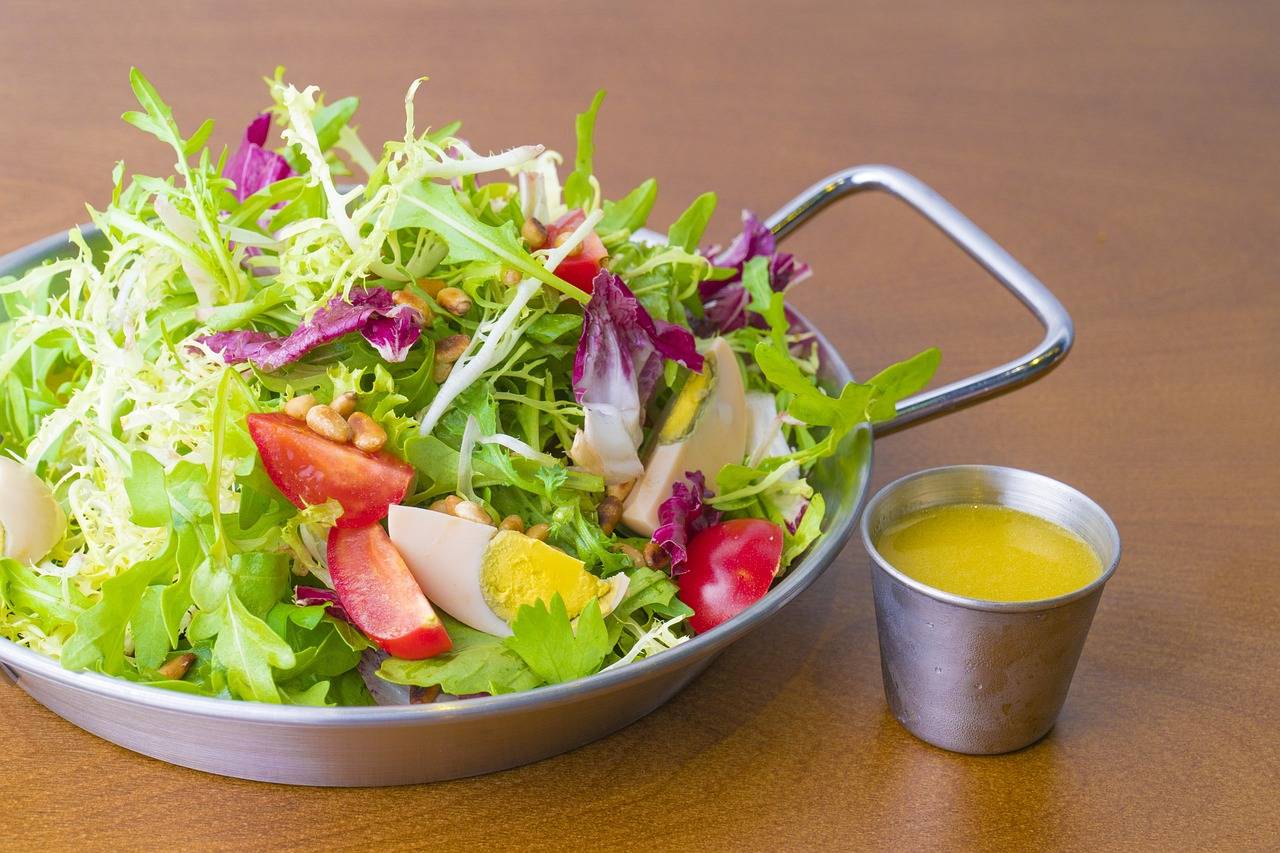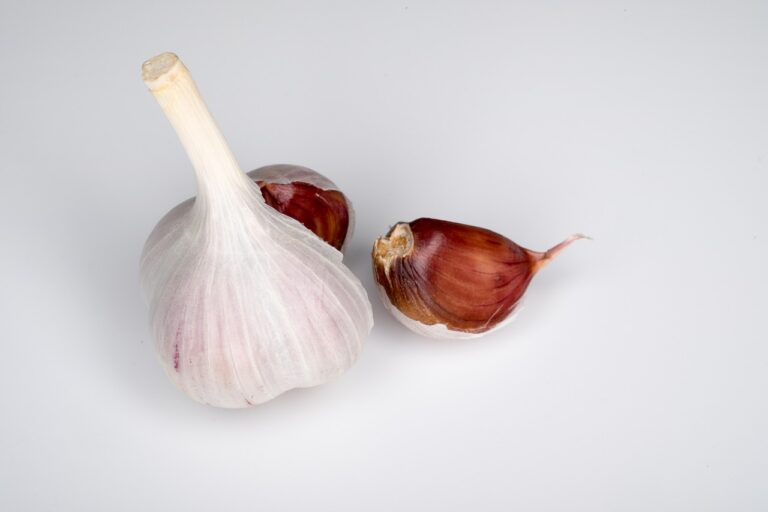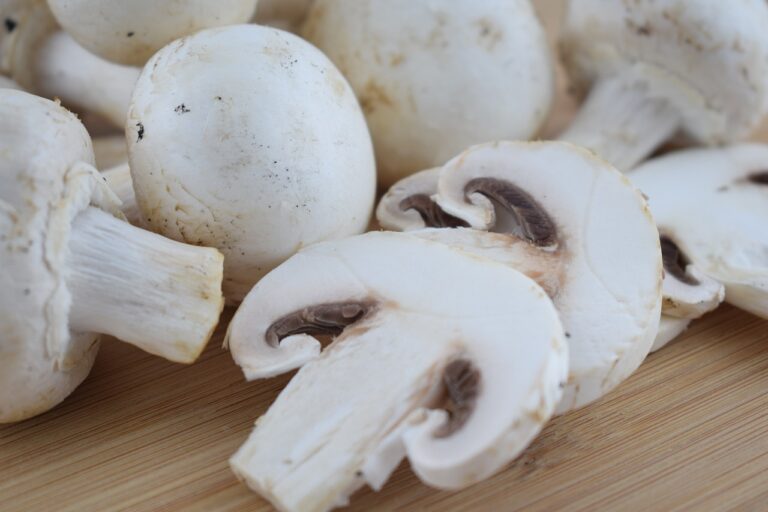Rheumatology and Nature Conservation Projects: Volunteering for Change: Cricbet99, Sky11 bet, Play lotus365
cricbet99, sky11 bet, play lotus365: Rheumatology and Nature Conservation Projects: Volunteering for Change
Have you ever considered the connection between rheumatology and nature conservation projects? You may be surprised to learn that these two seemingly unrelated fields actually have quite a bit in common. In this article, we’ll explore how volunteering for nature conservation projects can benefit individuals with rheumatological conditions, as well as the environment as a whole.
The Link Between Rheumatology and Nature Conservation
Rheumatology is the branch of medicine that focuses on the diagnosis and treatment of conditions affecting the joints, muscles, and bones. Individuals with rheumatological conditions such as arthritis often experience chronic pain and inflammation, which can impact their overall quality of life. In recent years, researchers have started to explore the potential benefits of nature-based interventions for managing these conditions.
Nature conservation projects, on the other hand, aim to protect and preserve natural ecosystems and wildlife. These projects often involve activities such as habitat restoration, wildlife monitoring, and environmental education. By volunteering for nature conservation projects, individuals can not only contribute to important conservation efforts but also reap the benefits of spending time in nature.
How Volunteering for Nature Conservation Projects Can Benefit Individuals with Rheumatological Conditions
1. Physical Activity: Many nature conservation projects involve physical tasks such as planting trees, clearing invasive species, and building trails. Engaging in these activities can provide individuals with rheumatological conditions an opportunity to stay active and improve their physical fitness.
2. Stress Reduction: Spending time in nature has been shown to reduce stress levels and improve overall mental well-being. For individuals with rheumatological conditions, who may experience high levels of stress due to their chronic pain and inflammation, volunteering for nature conservation projects can provide a much-needed respite.
3. Social Connection: Volunteering for nature conservation projects allows individuals to connect with like-minded individuals who share a passion for the environment. This sense of community and camaraderie can be especially beneficial for individuals with rheumatological conditions, who may feel isolated or misunderstood due to their health challenges.
4. Sense of Purpose: By contributing to important conservation efforts, individuals with rheumatological conditions can gain a sense of purpose and fulfillment. This can be particularly valuable for those who may feel limited by their health conditions and are looking for meaningful ways to make a positive impact.
5. Environmental Benefits: In addition to the personal benefits of volunteering for nature conservation projects, individuals with rheumatological conditions can also contribute to the protection and preservation of natural ecosystems and wildlife. By participating in these projects, they can help ensure a healthier planet for future generations.
6. Improved Quality of Life: Ultimately, volunteering for nature conservation projects can lead to an improved quality of life for individuals with rheumatological conditions. By engaging in physical activity, reducing stress, fostering social connections, and finding a sense of purpose, they can enhance their overall well-being and outlook on life.
Get Involved Today
If you have a rheumatological condition and are interested in getting involved in nature conservation projects, there are plenty of opportunities to volunteer in your local community. Contact local conservation organizations, nature reserves, or wildlife sanctuaries to find out how you can contribute your time and skills to meaningful conservation efforts.
FAQs
Q: Can individuals with rheumatological conditions participate in physically demanding nature conservation projects?
A: While some nature conservation projects may involve more physically demanding tasks, there are often opportunities for individuals with varying levels of physical ability to get involved. Be sure to communicate your needs and limitations with project organizers to find a suitable role that aligns with your abilities.
Q: How can volunteering for nature conservation projects help individuals with rheumatological conditions manage their symptoms?
A: Engaging in nature-based activities can provide individuals with rheumatological conditions a range of benefits, including improved physical fitness, reduced stress levels, and a sense of purpose. These factors can all contribute to better symptom management and overall well-being.
Q: Are there any specific precautions individuals with rheumatological conditions should take before volunteering for nature conservation projects?
A: It’s always a good idea to consult with your healthcare provider before engaging in any physical activity, including volunteering for nature conservation projects. They can provide guidance on how to ensure your safety and well-being while participating in these activities.







